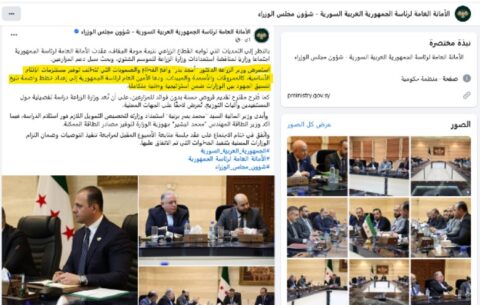The position of Prime Minister was abolished in Syria only in form, and for the first time, this has been implicitly acknowledged by a minister calling on Maher al-Sharaa to form a committee to oversee a cross-ministerial strategy for a specific topic.
For Syrians, the problem of appointing relatives to sensitive posts should be beyond controversy, given the experiences of Hafez and Rifaat, or Bashar and Maher al-Assad.
The data speak plainly: republics that elevate relatives to top leadership roles are, on average, failed republics with weak governance—whether Uzbekistan (Secretary-General of the Republic), Tajikistan (Speaker of Upper Chamber of Parliament), Uganda (Minister of Defense), Congo (Minister of International Cooperation), Venezuela, and the list goes on.
The issue is not one of competence alone. Maher al-Sharaa may well be qualified for the post, and in fact no prior misconduct is known about him. The real problems created by nepotism are that it complicates accountability, gives experts the impression that merit is not enough to attain high office, confuses the understanding of different authorities’ mandates, and the list continues.

